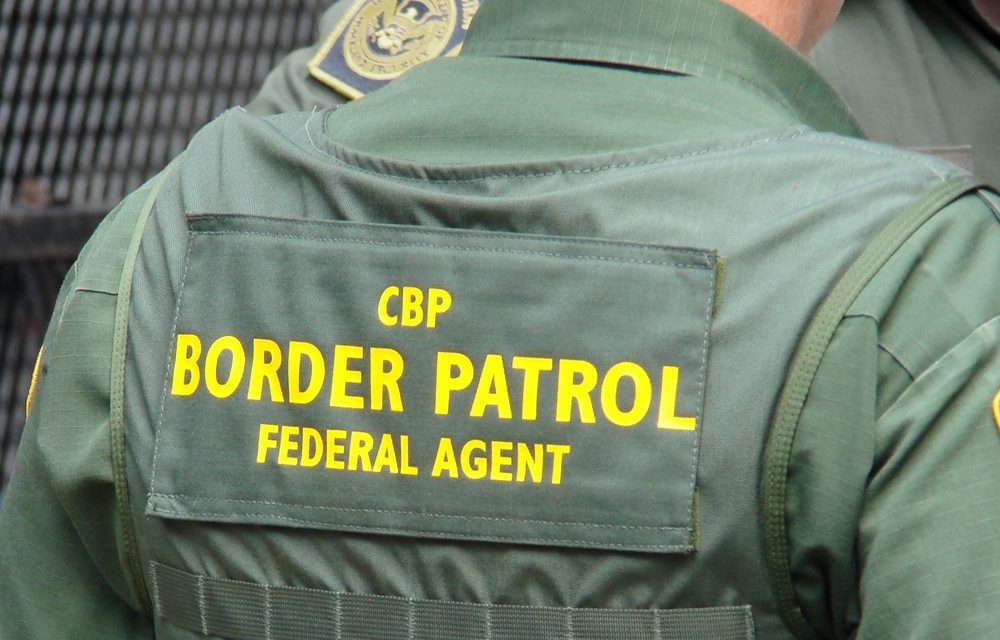Congress reached an agreement this week to fund the government through the rest of the Fiscal Year which ends on September 30, 2017. This agreement does not fund many of President Trump’s immigration priorities like the border wall. However, it does provide additional funding for immigration detention and border security measures.
In March, the Trump Administration submitted a supplemental funding request which would have added $1.5 billion to begin construction of a border wall, $1.15 billion for additional immigration detention beds, and $350 million for additional staff on top of the normal $40 billion the Department of Homeland Security (DHS) is set to receive this fiscal year.
As part of the agreement reached to keep the government running, Congress decided to provide just the additional $1.5 billion for immigration enforcement, none of which can be used to build a wall.
Within that $1.5 billion is $477 million to fund around 39,324 detention beds this fiscal year. The administration had asked for enough funding for 45,700 beds which would have been a record increase. Earlier this year, they were averaging over 41,000 beds, thus this budget will actually result in a decrease in the number of detention beds for the rest of the year.
Also within the $1.5 billion is an additional $772 million for border security. While this additional funding explicitly does not allow for new construction of a border wall it does allow DHS to replace and convert some older fencing that is more difficult for vehicles and pedestrians to penetrate. The money also allows for additional border security technology to be purchased which includes more cameras and sensors, as well as an increase in border road construction. It is unclear why this new technology was needed because none of it was requested in President Trump’s supplemental request nor in the past by President Obama.
Additionally contained within the border security funds, is $65 million for hiring and retention of frontline agents. While the President asked for funding to hire additional Border Patrol agents and Immigration and Customs Enforcement officers, Congress refused. The funding provided is to augment Customs and Border Protection’s current hiring goals which they have been unable to meet.
Congress also provided the resources to hire 10 new immigration judge teams. Despite some additional recent hiring the immigration court backlog has continued to grow reaching over 570,000 pending cases. According to Human Rights First, in order to eliminate the backlog by FY 2023, an additional 150 immigration judges would need to be hired on top of the 374 currently funded, for a total of 524 immigration judges.
The bill also includes a variety of positive provisions that will increase congressional oversight of DHS and require the agencies to report to Congress on immigration detention levels, immigration detention bed standards and hiring practices.
While the President’s massive expansion of immigration enforcement will be somewhat stymied by this funding bill, it still increases overall funding and sets a new baseline for the 2018 budget negotiation. Congress must do its job and provide a check on the president’s power and his overzealous immigration enforcement plans.
FILED UNDER: 2017 Budget, border patrol, Congress, Department of Homeland Security, featured, Immigration and Customs Enforcement, immigration funding


